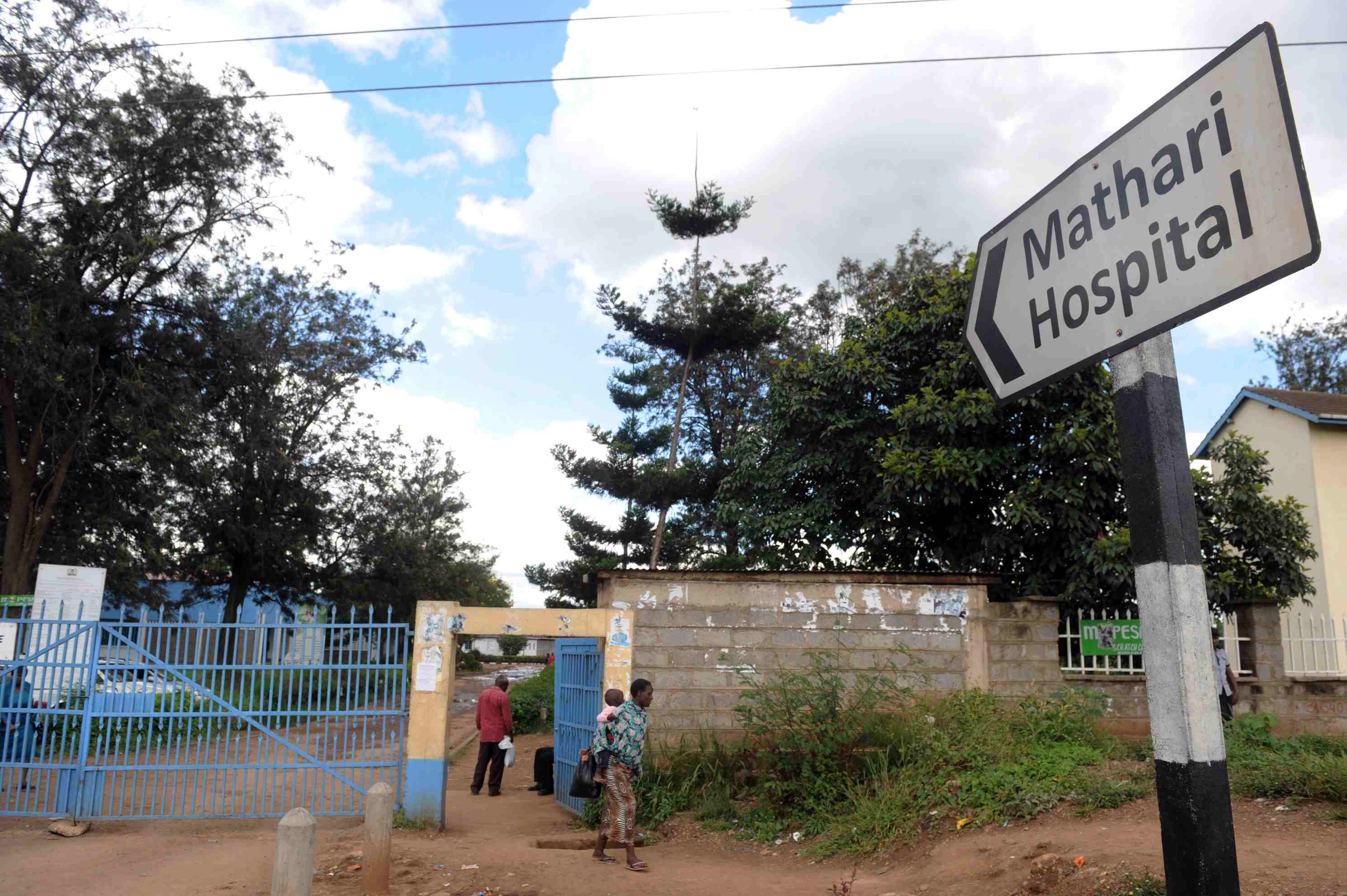Auditor General Nancy Gathungu has sounded the alarm over the worsening conditions at Mathari National Teaching and Referral Hospital, the country’s leading mental health institution, in her audit report for the 2024/25 financial year.
Gathungu highlights a critical shortage of beds, forcing some patients to sleep on the floor a situation she warns increases the risk of infections and compromises patient care.
The report points out that although Mathari Hospital’s records indicate a total of 6,653 beds, the number of patients admitted regularly surpasses this capacity, infringing upon the right to health guaranteed under Article 43(1)(a) of the 2010 Constitution of Kenya.
"In these circumstances, management was found to be in violation of the law," the report states.
Additionally, Gathungu’s audit uncovered that the hospital’s land has been encroached on by private developers.
An inspection carried out in October 2024 revealed that only part of the land was fenced, leaving it exposed to further unauthorized occupation.
An undisclosed developer erected a temporary fence on the unfenced portion of Mathari Hospital’s land, violating Regulation 139(1) of the Public Finance Management (National Government) Regulations, 2015.
This regulation requires government agencies to implement robust asset management controls, including measures to prevent theft and misuse.
Beyond the issues at Mathari Hospital, Gathungu highlighted several serious concerns within the health sector. One major issue was the failure to test health products properly.
The report reveals that drugs worth Ksh49,597,602 were distributed to hospitals without evidence of having been tested, breaching Section 35D(1)(c) of the Pharmacy and Poisons Act, 2012.
This law requires the National Quality Control Laboratory to test all locally produced and imported medicines.
"In these circumstances, management was in breach of the law," the report states.
The audit also drew attention to vaccine shortages at the Central Vaccine Store (CVS), with critical vaccines BCG, OPV, and Measles Rubella being out of stock for an average of 65 days.
These shortages were linked to delays in funding the procurement agent, directly impacting vaccine availability in health facilities and putting public health at risk.
"This situation contravenes Section 160(1) of the Public Procurement and Asset Disposal Act, 2015, which obliges government entities to effectively manage inventory to avoid wastage and loss," the report notes.
Gathungu further raised concerns over large quantities of unused COVID-19 vaccine doses.
Despite an agreement with the African Vaccine Acquisition Trust (AVAT) and the African Export-Import Bank (AFREXIMBANK) to purchase 13.3 million doses for $57.68 million, only 1.8 million doses were delivered, leaving over 11.5 million doses undelivered.
Additionally, 2.7 million doses were manufactured but never shipped, deemed unnecessary, and are now awaiting destruction.
AVAT has demanded payment of Sh8.3 billion ($64 million) from the Kenyan government, covering the principal amount of Sh7.4 billion ($57.6 million) plus accrued interest of Sh930.6 million ($7.2 million) for the undelivered vaccines.
While the government has requested AFREXIMBANK to waive the interest charges, the bank had not approved this waiver at the time of the audit.
Gathungu warned that continued delays in settling payments could lead to increased financial liabilities.
"The government risks not realizing value from the COVID-19 vaccine supply agreement while potentially accruing more interest due to ongoing payment delays," the report concludes.
